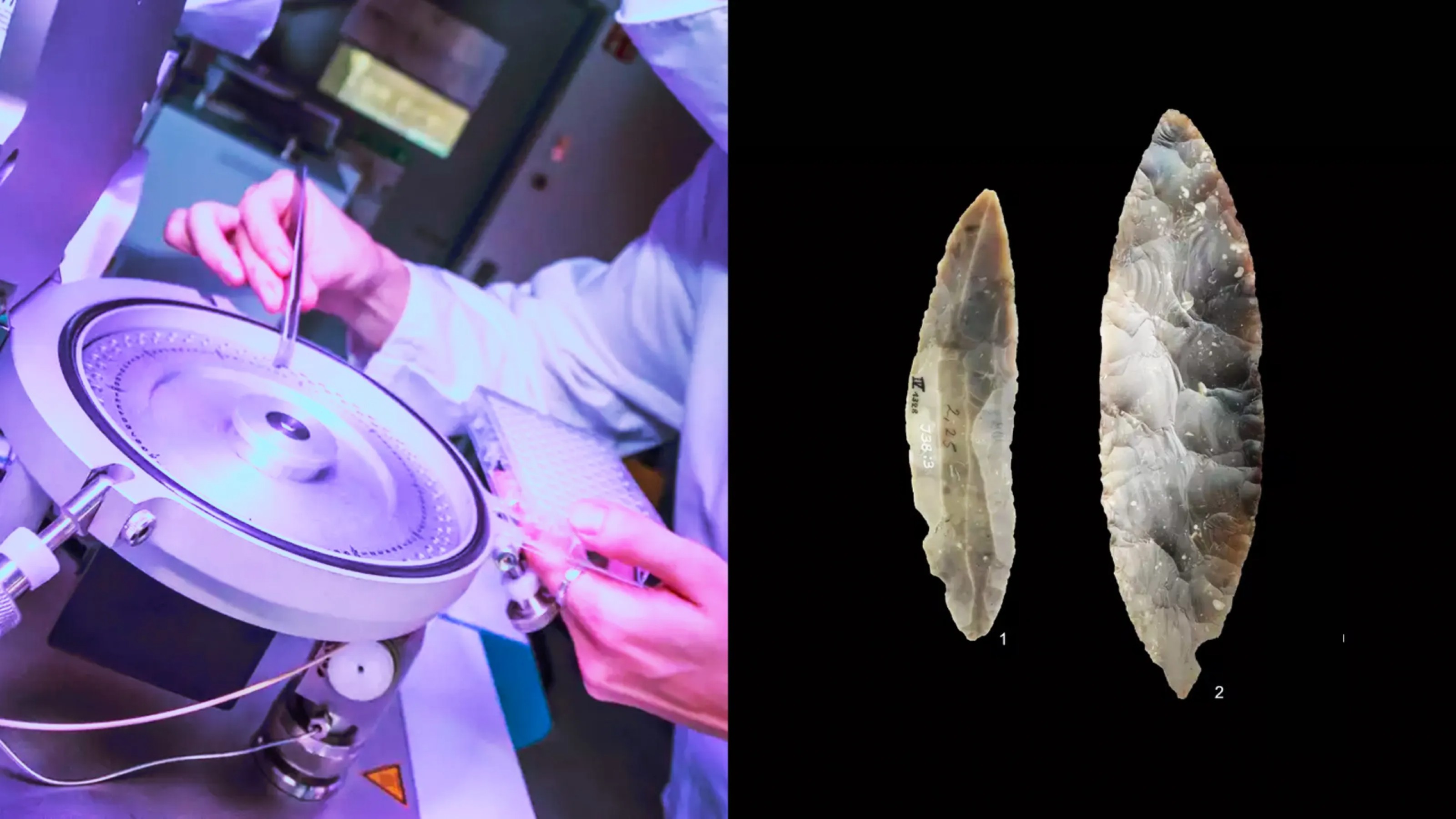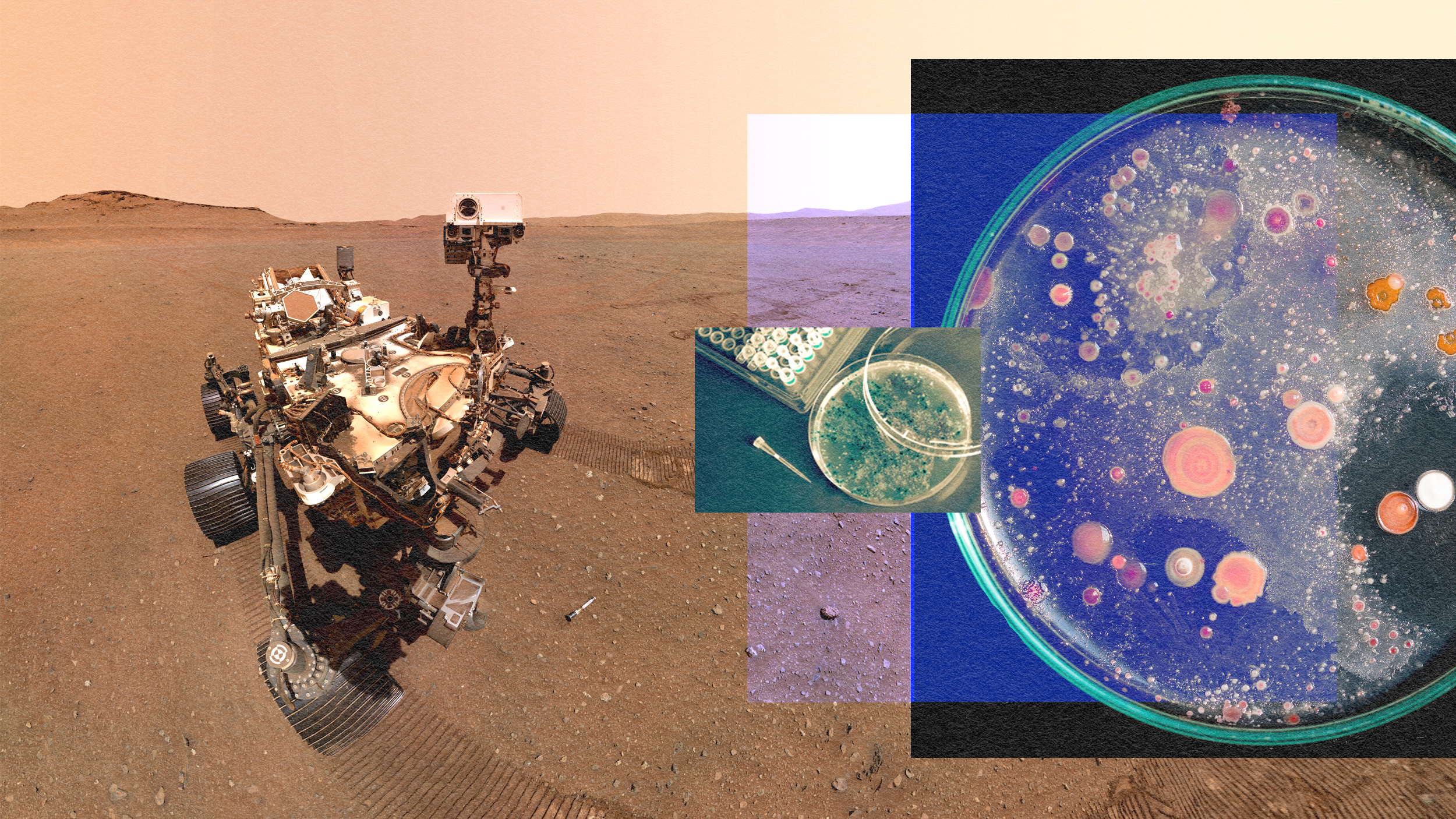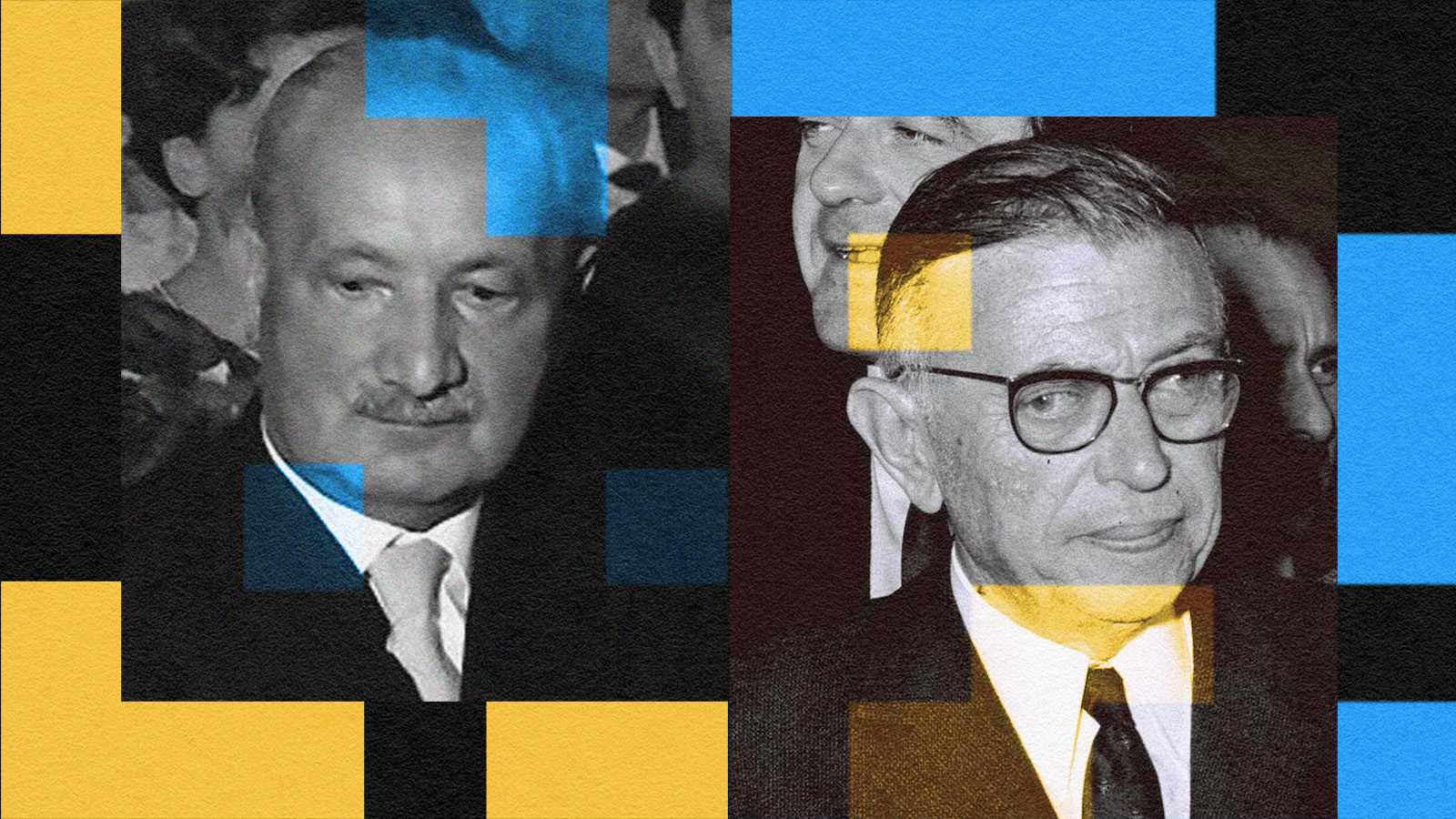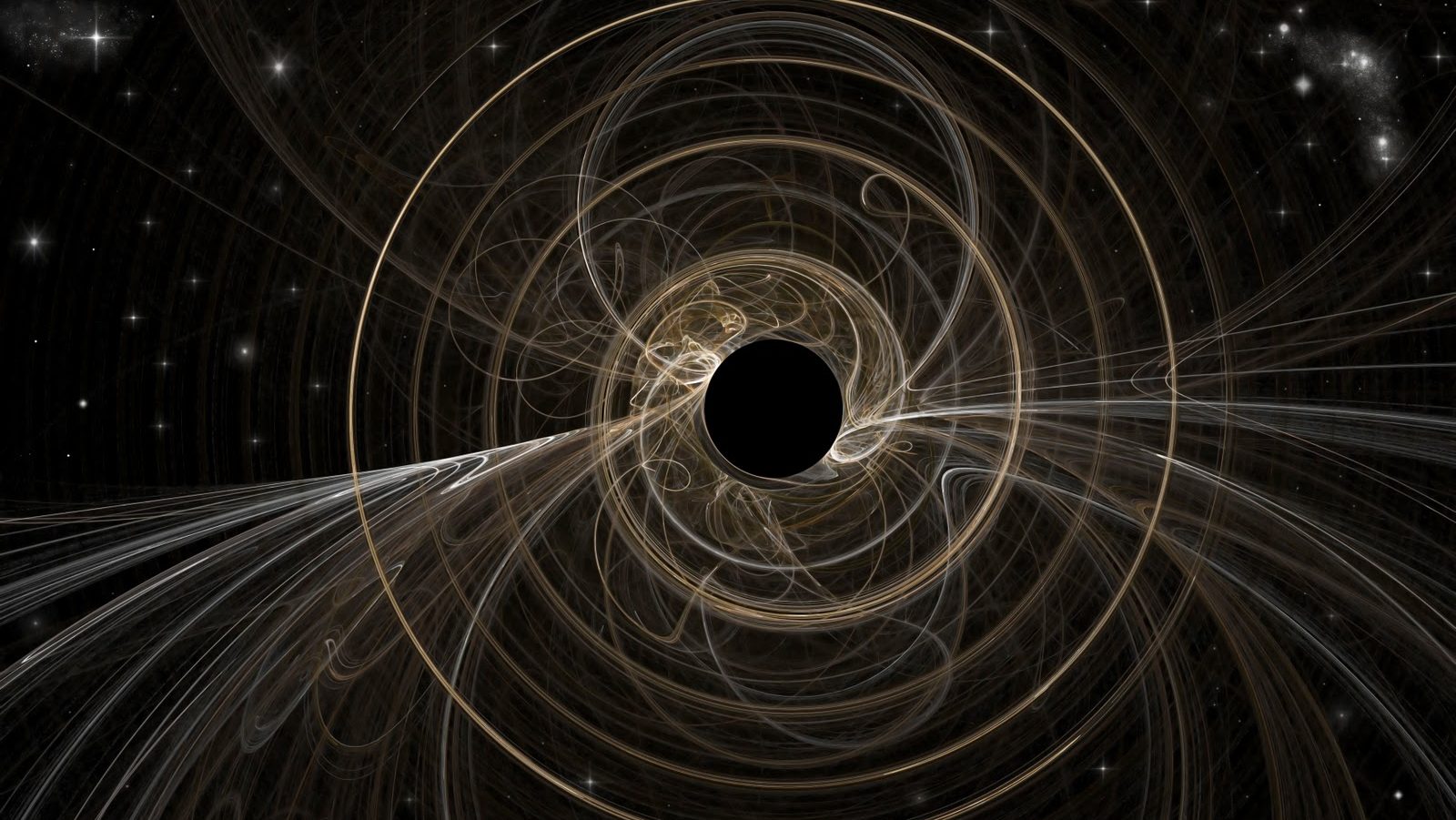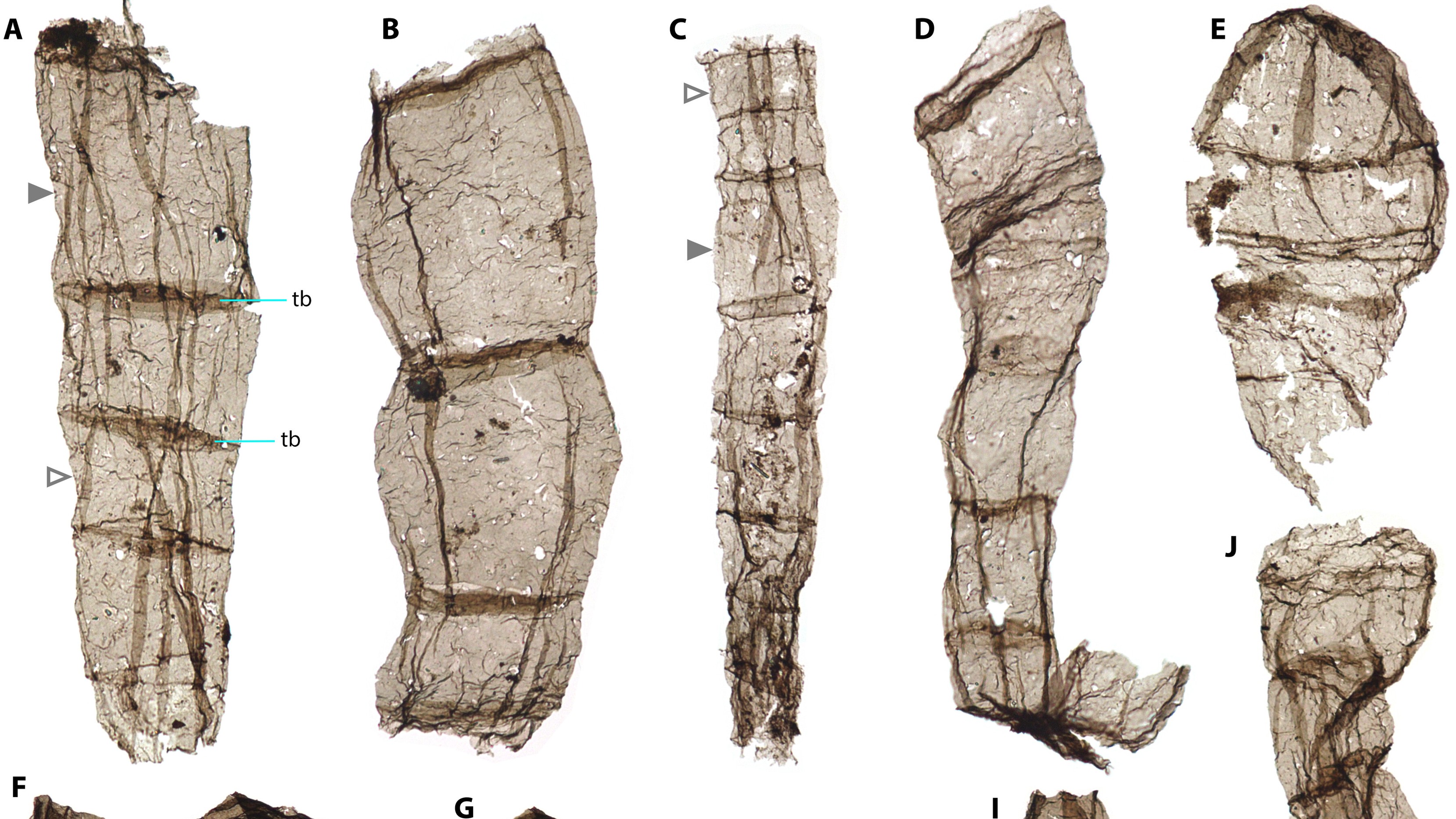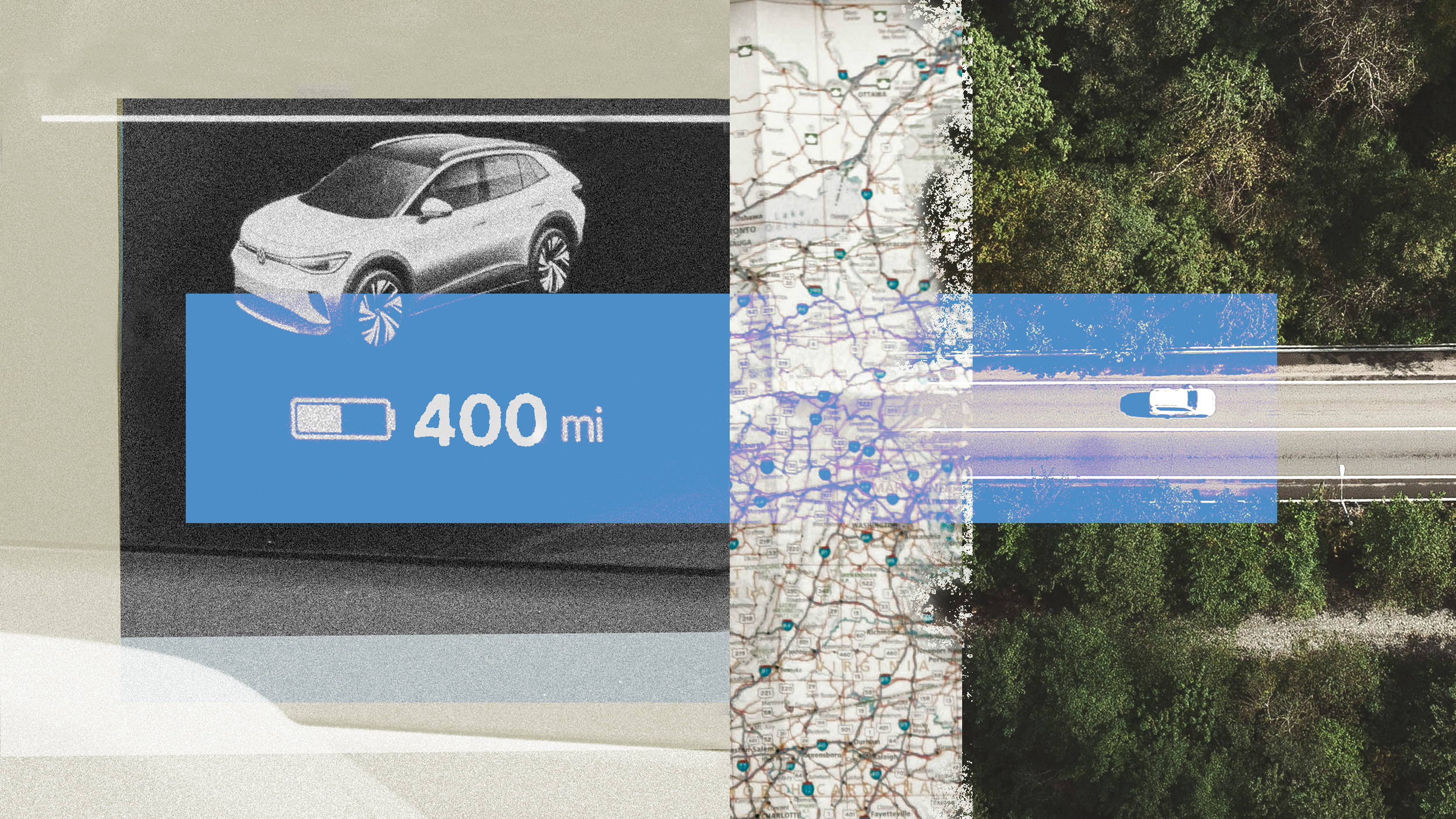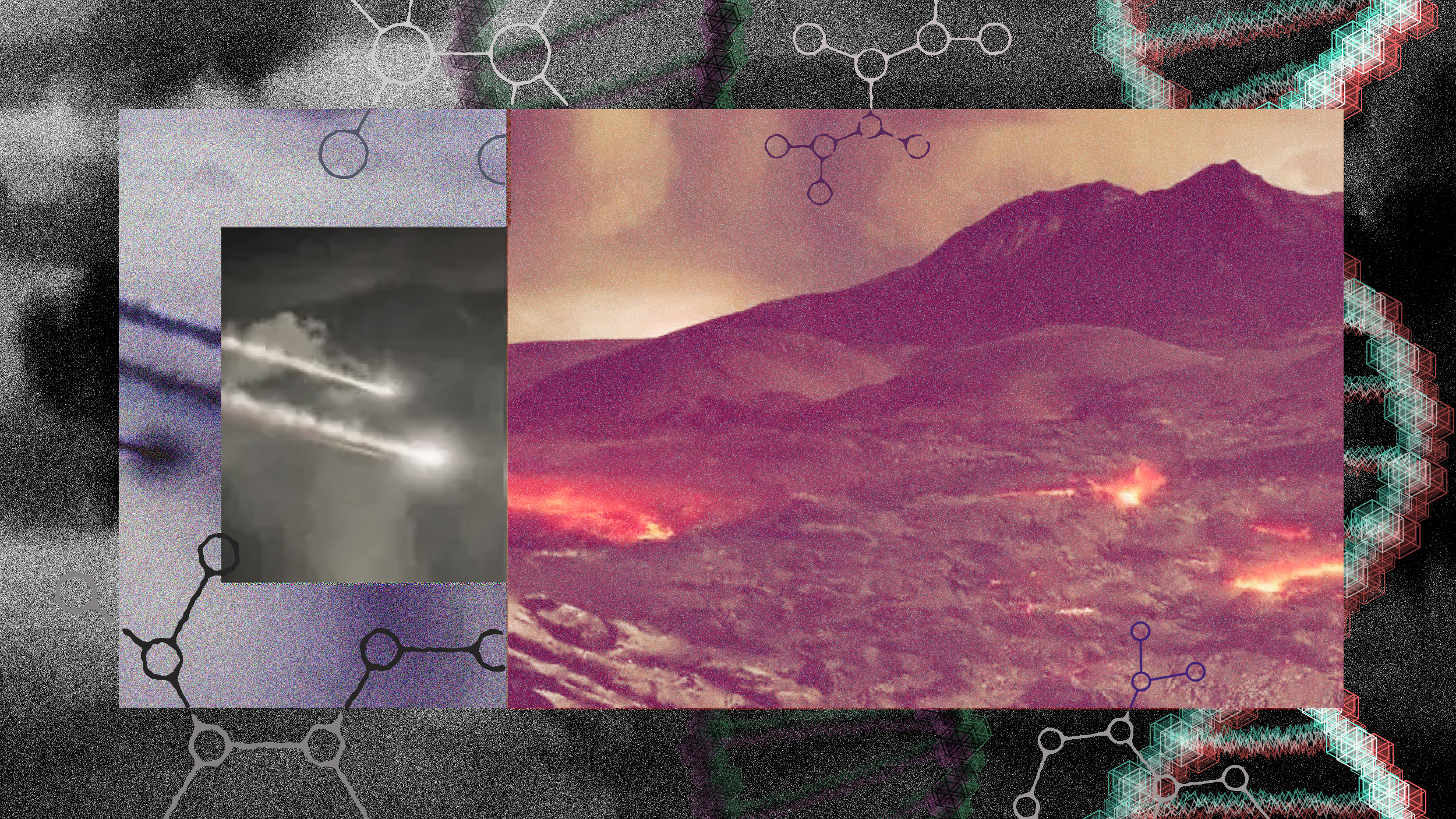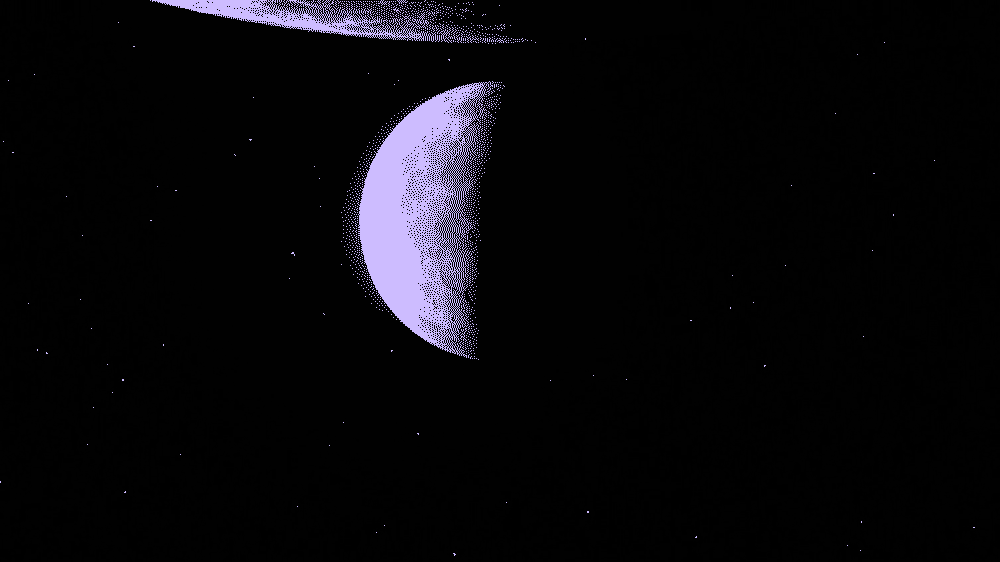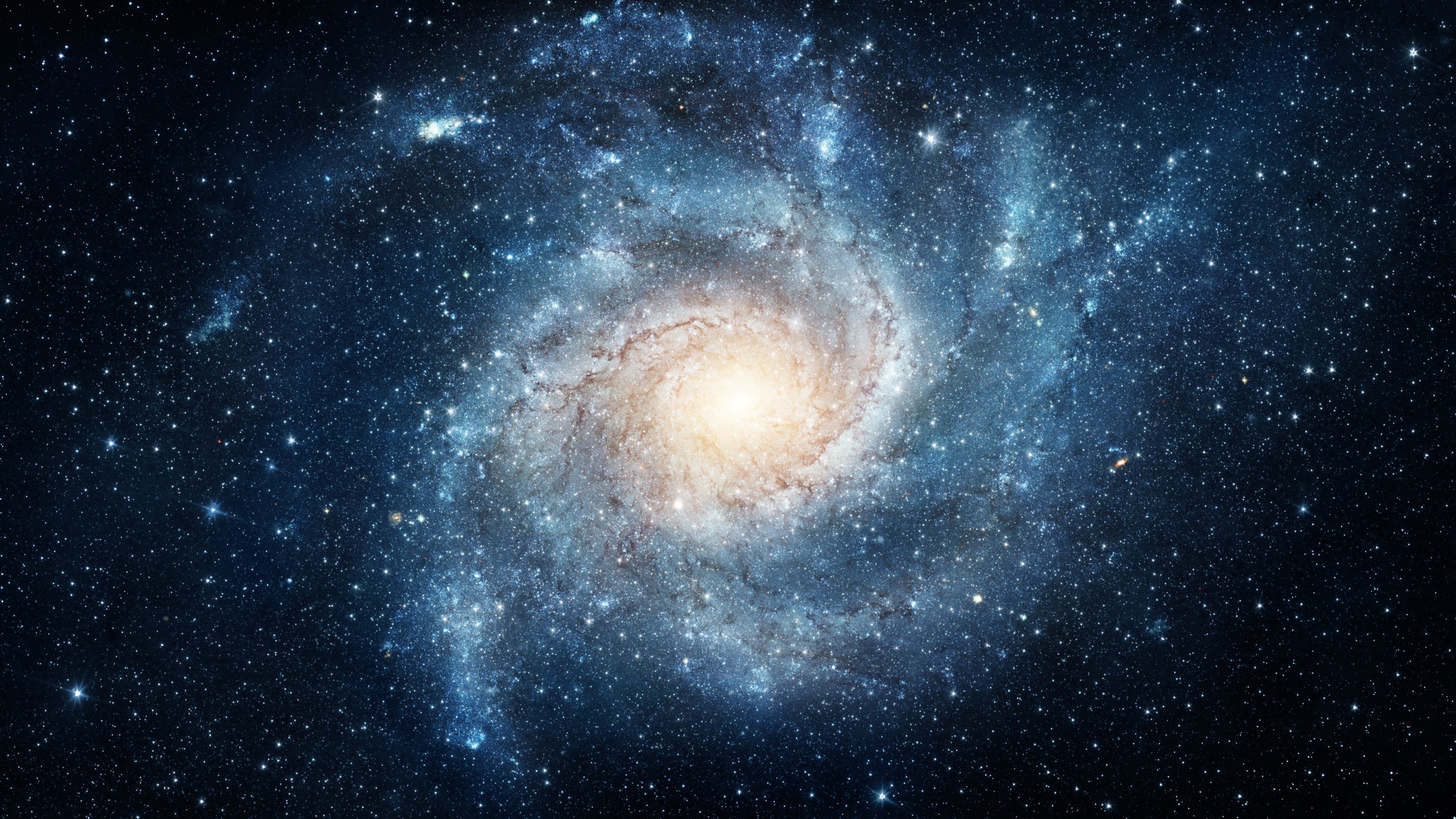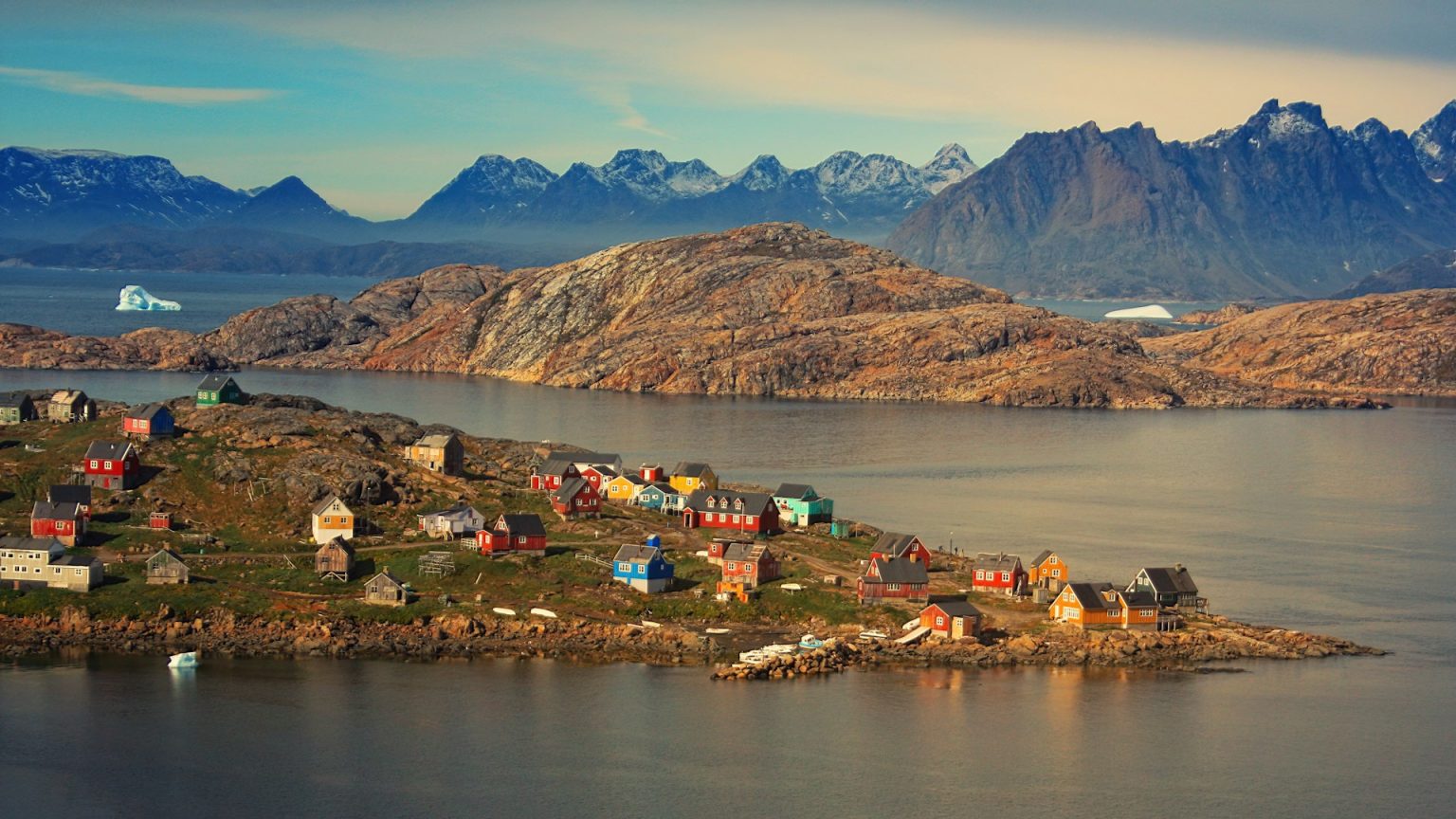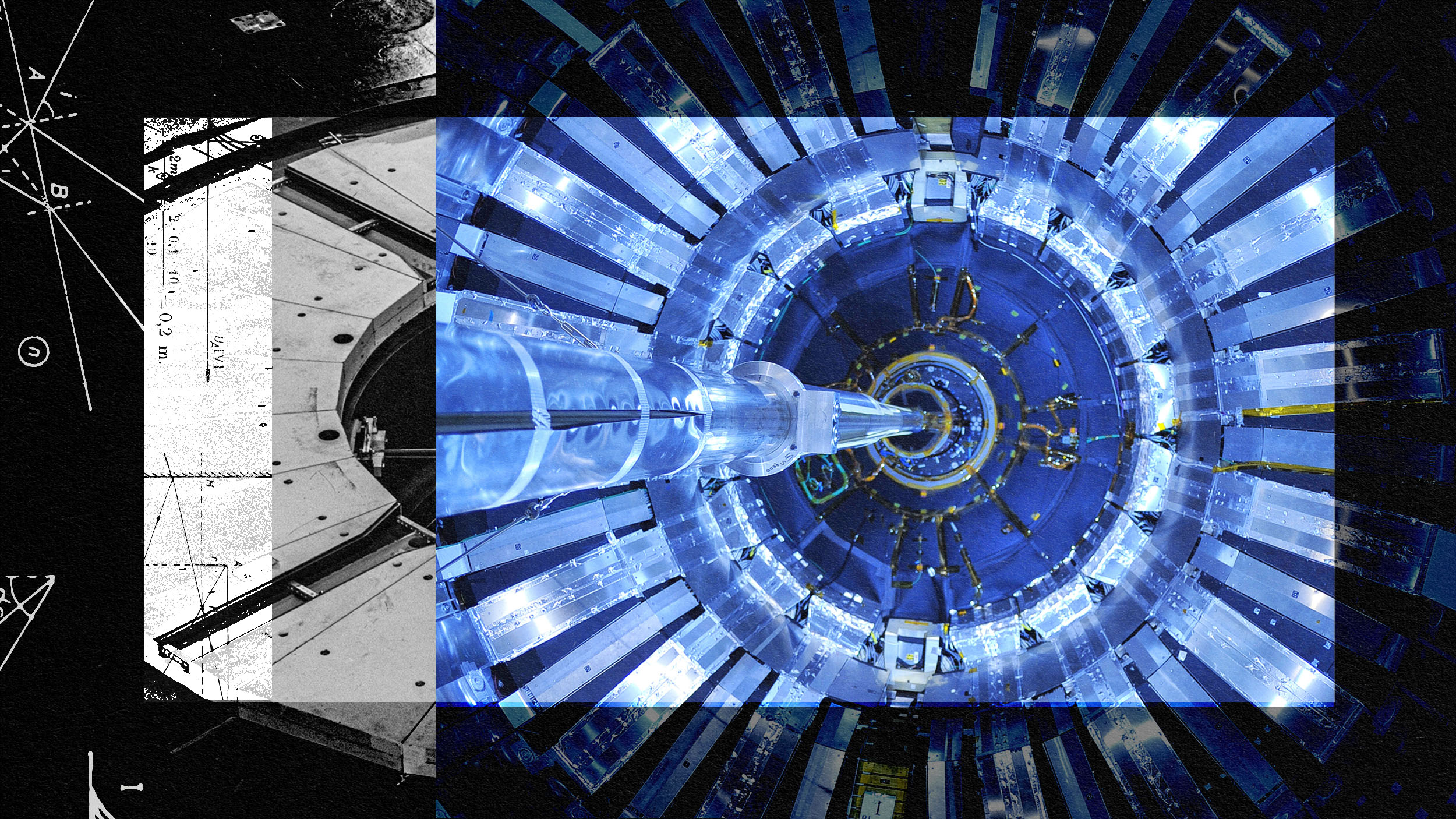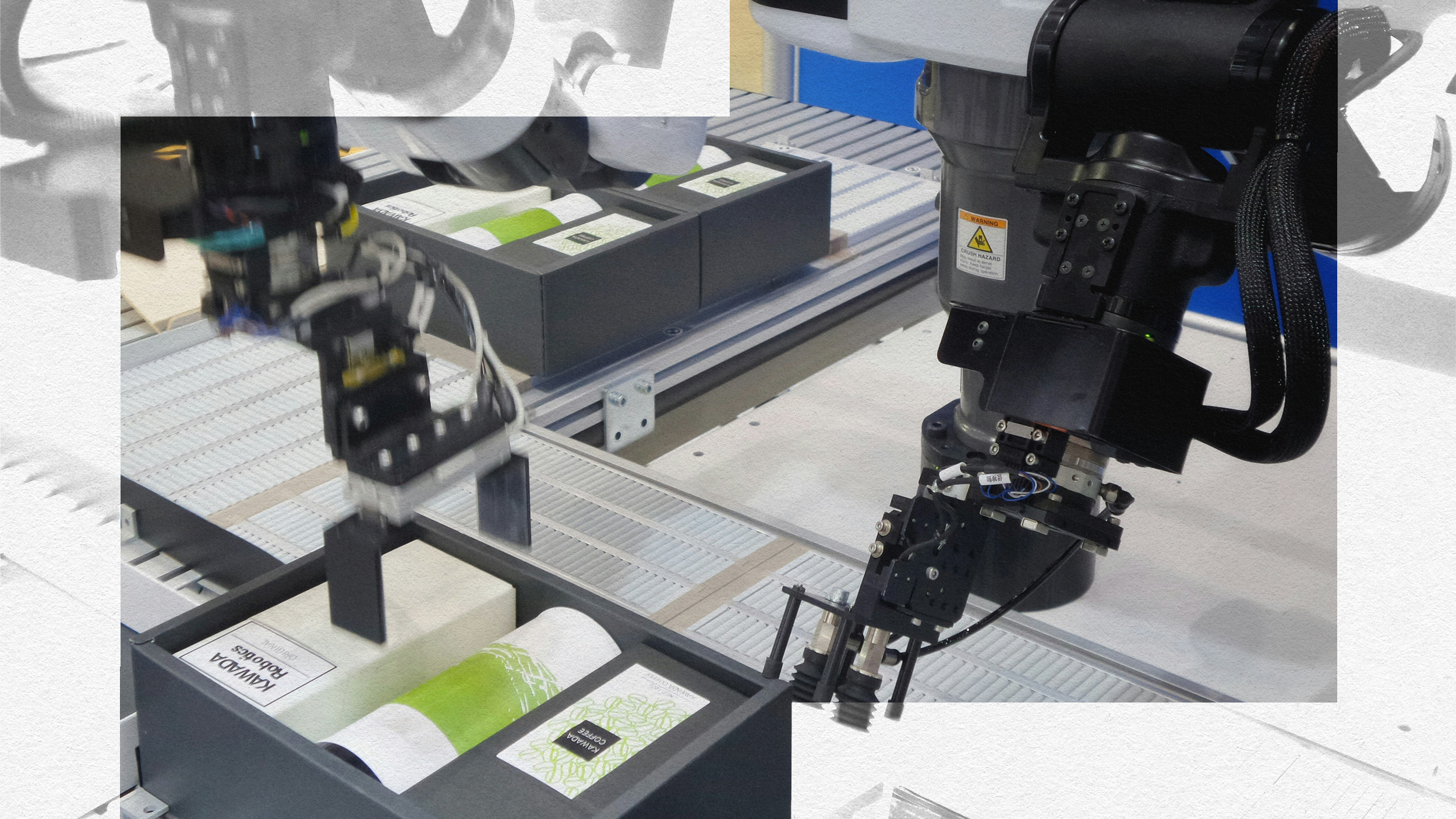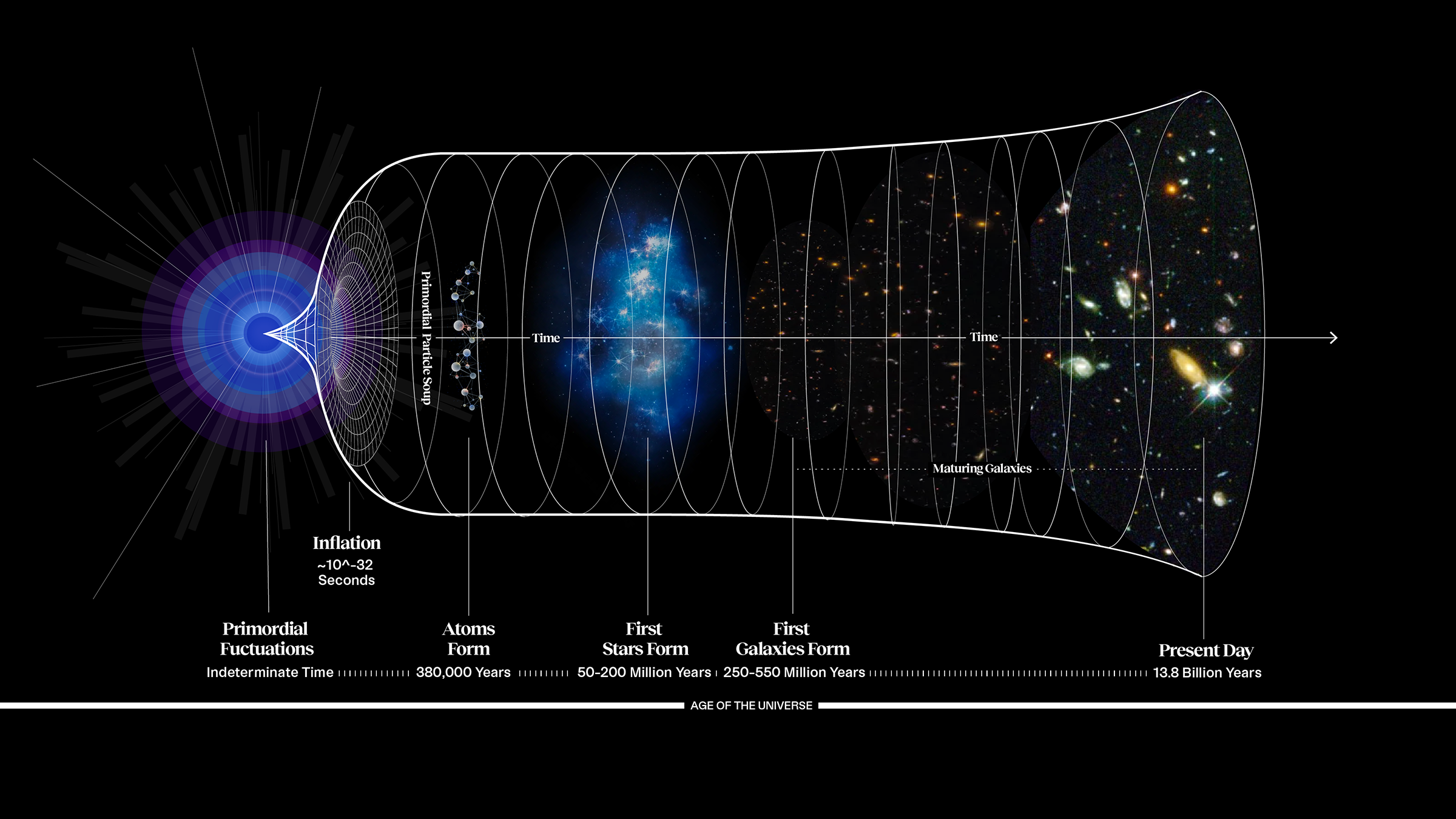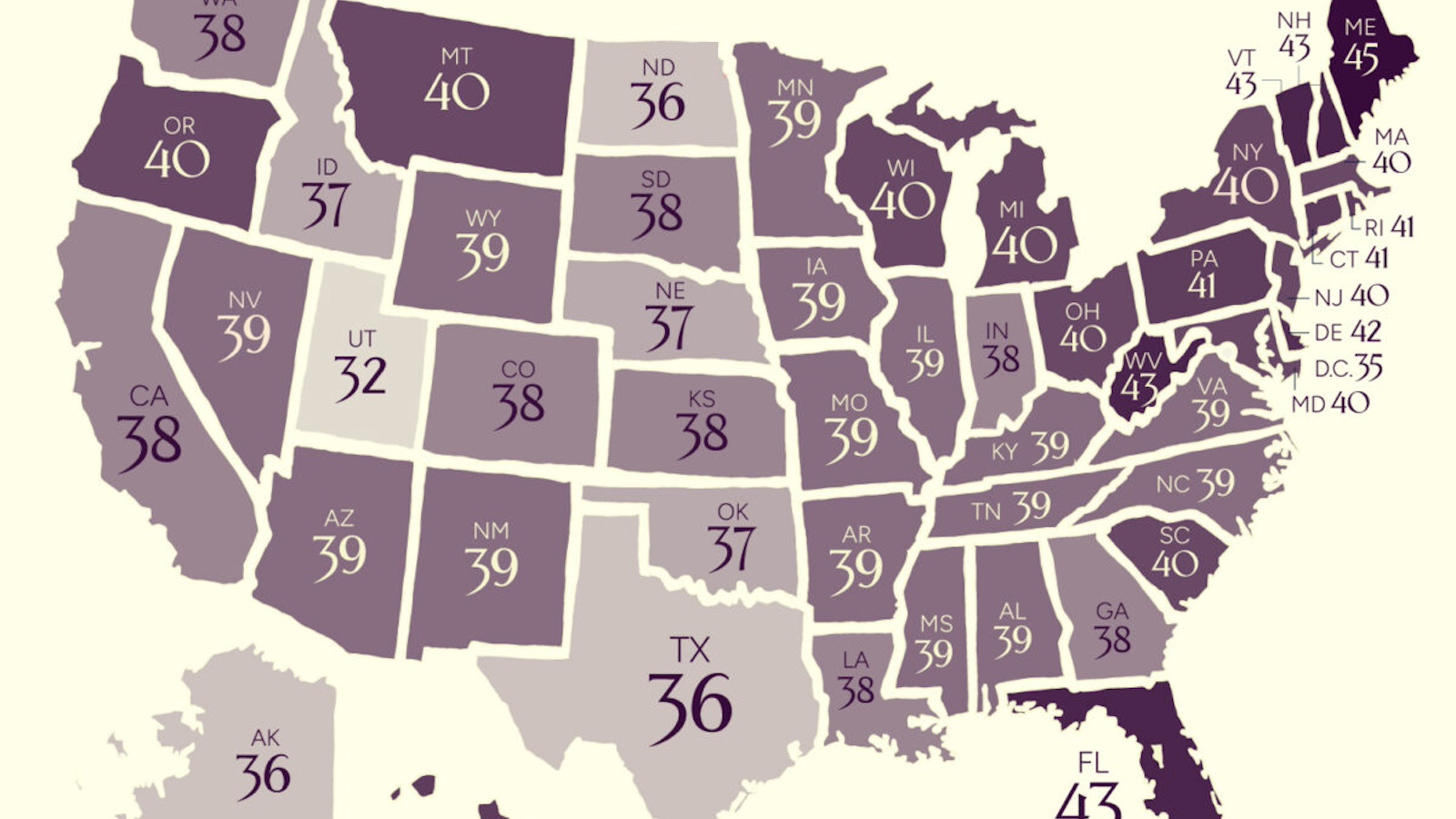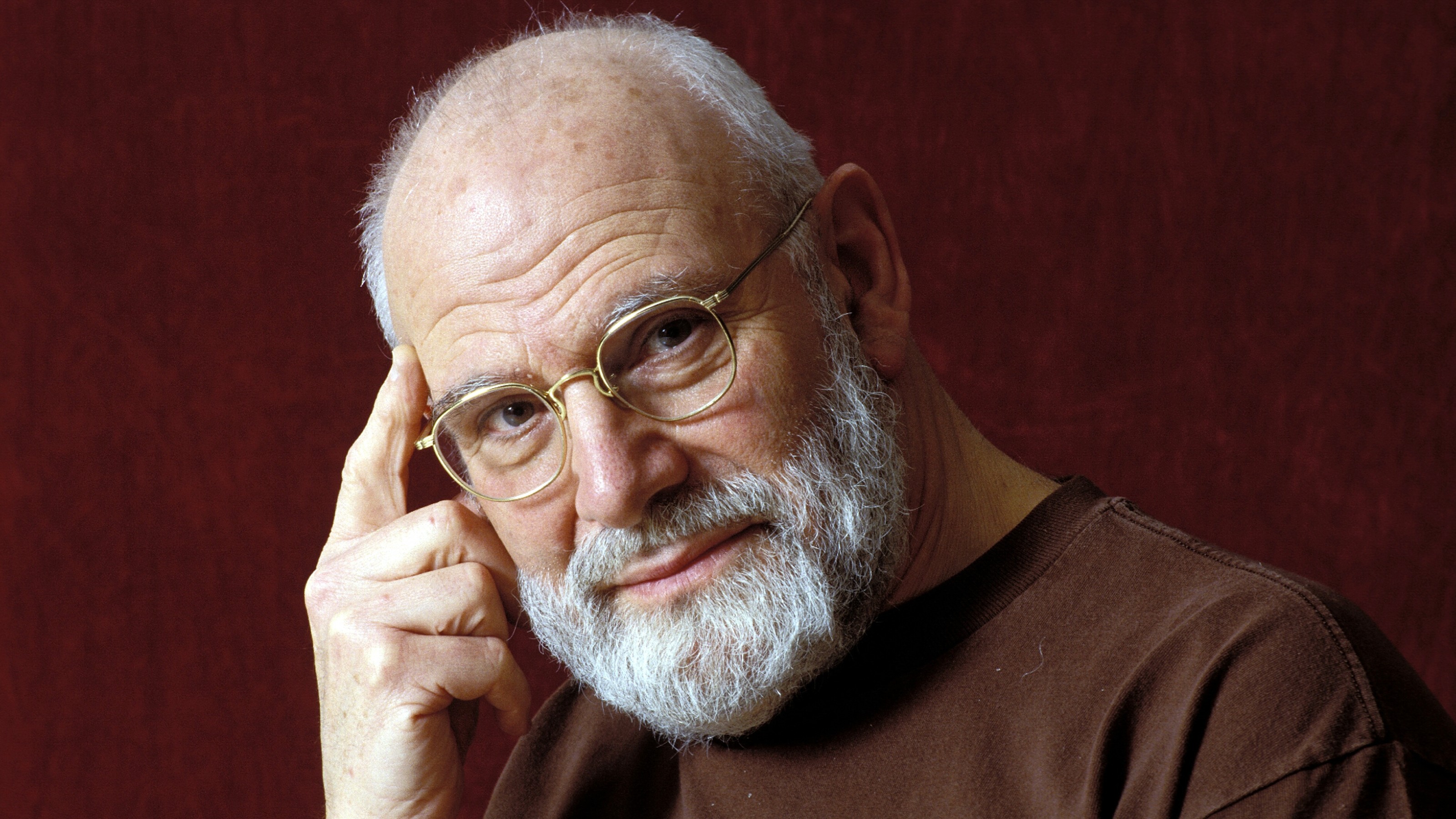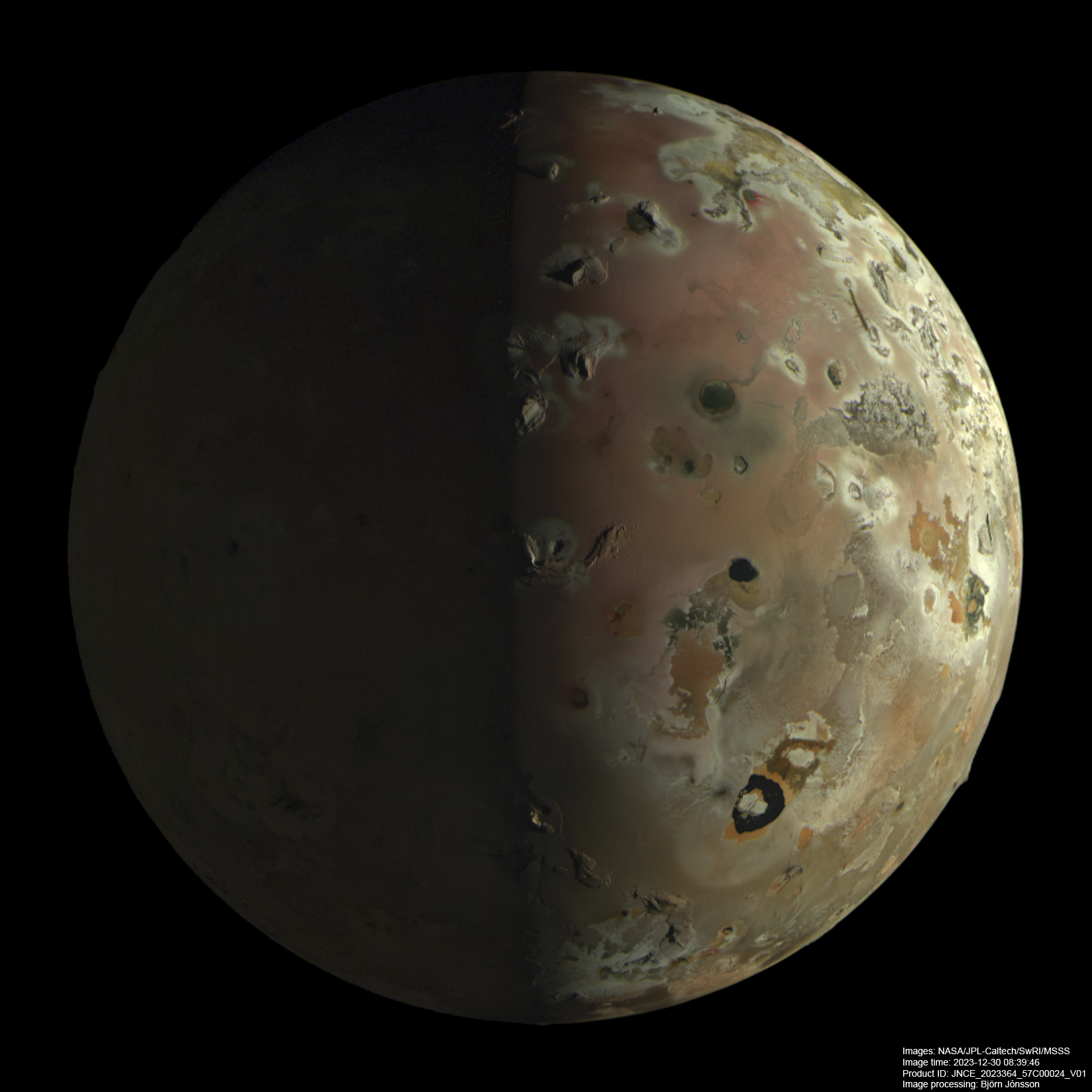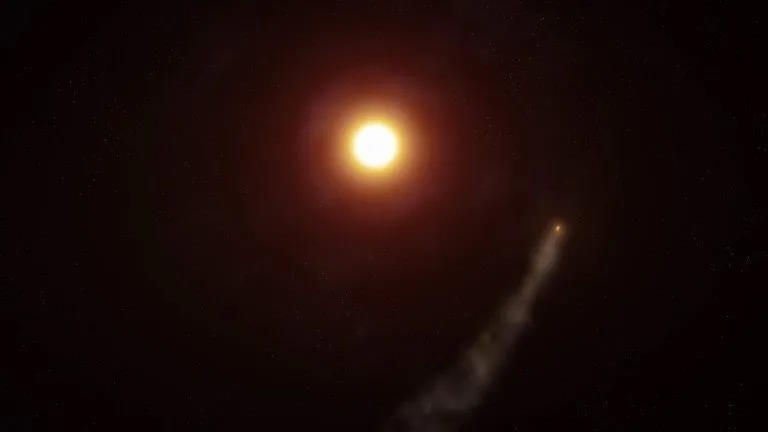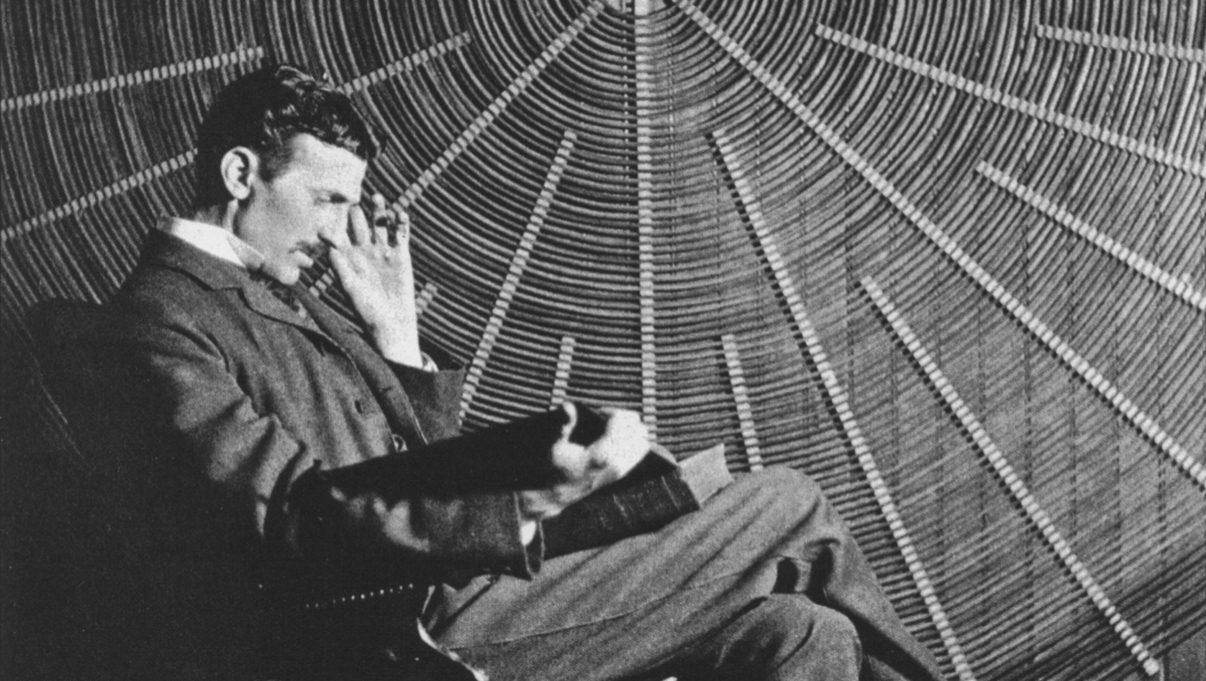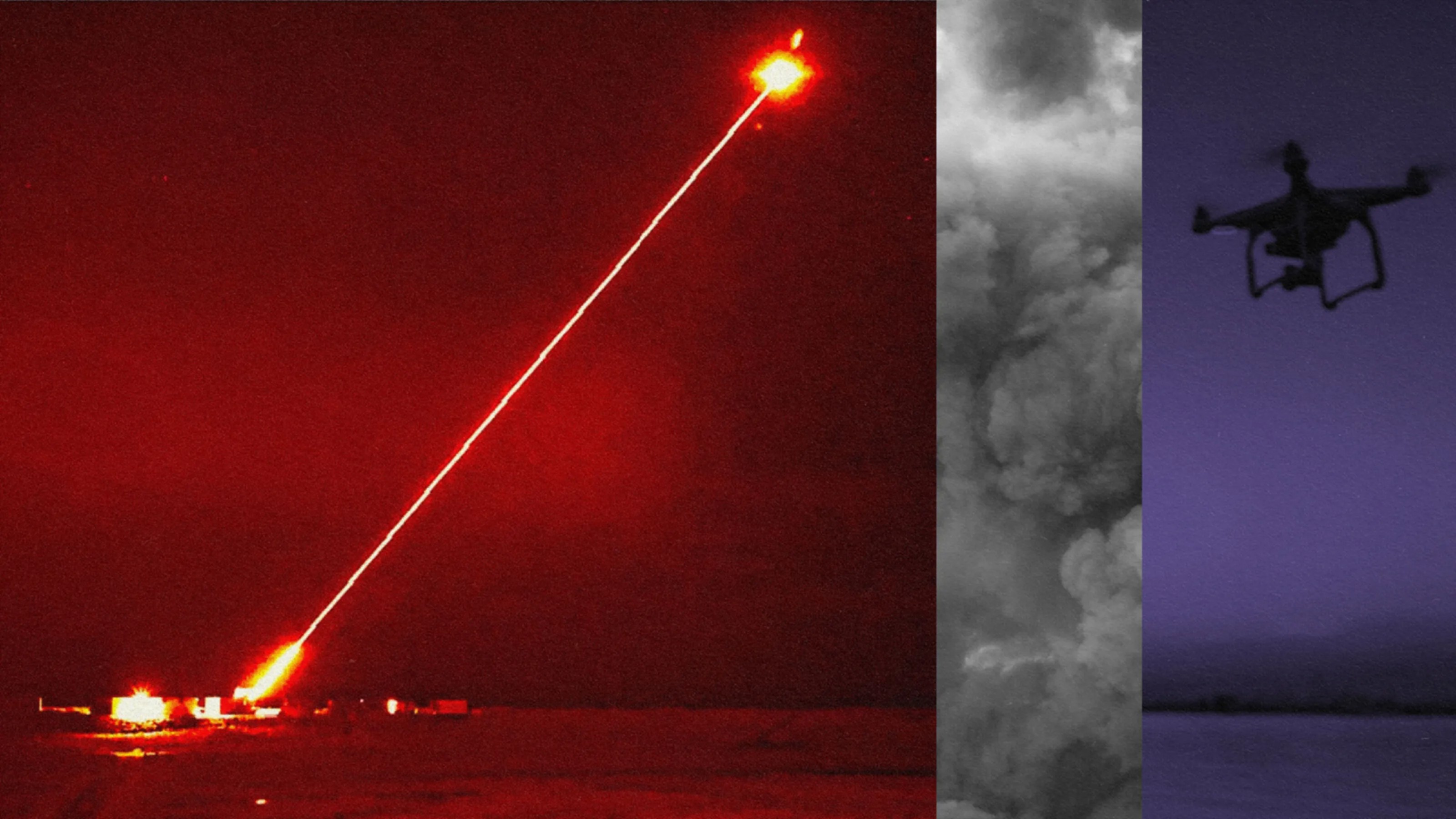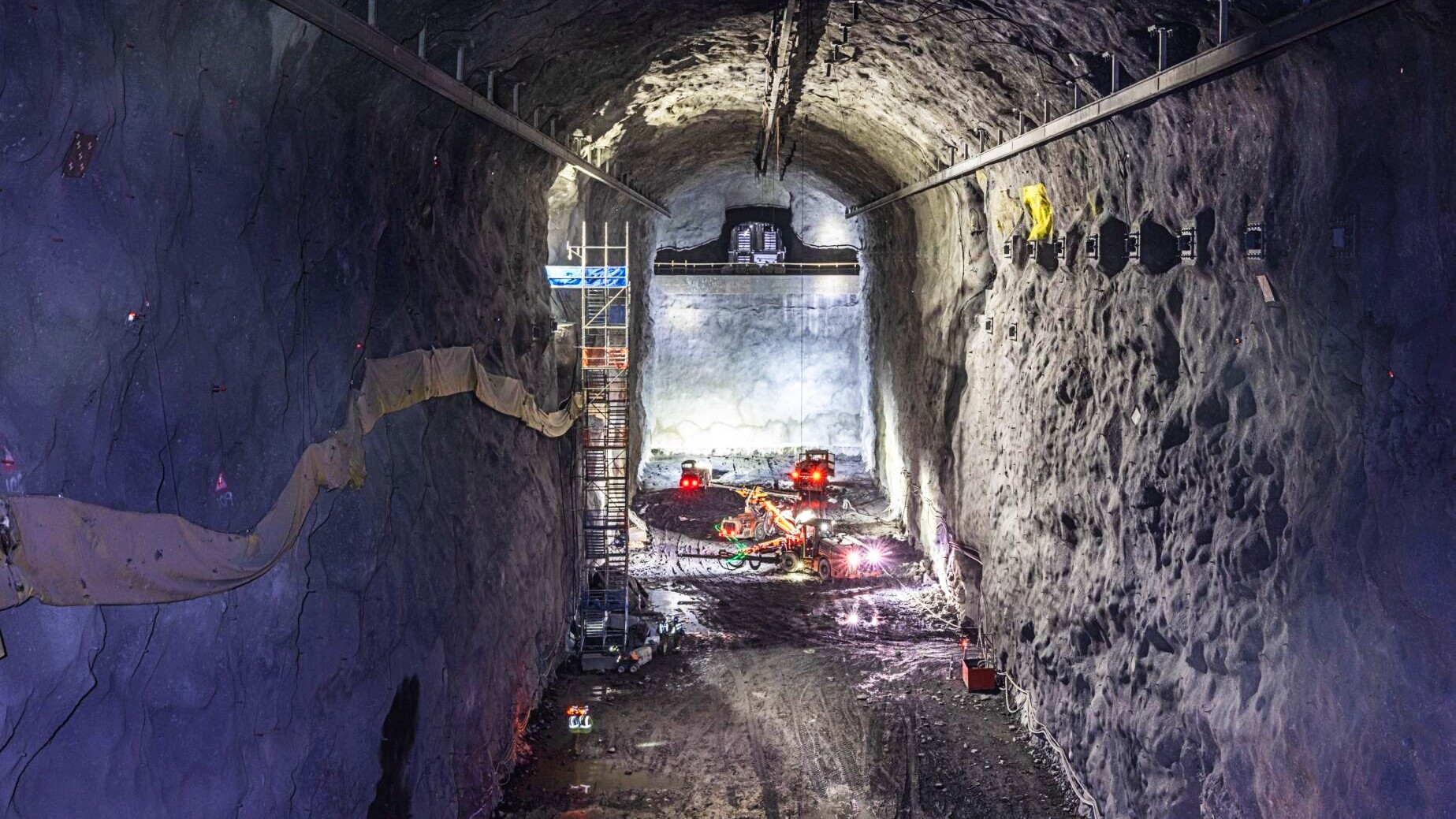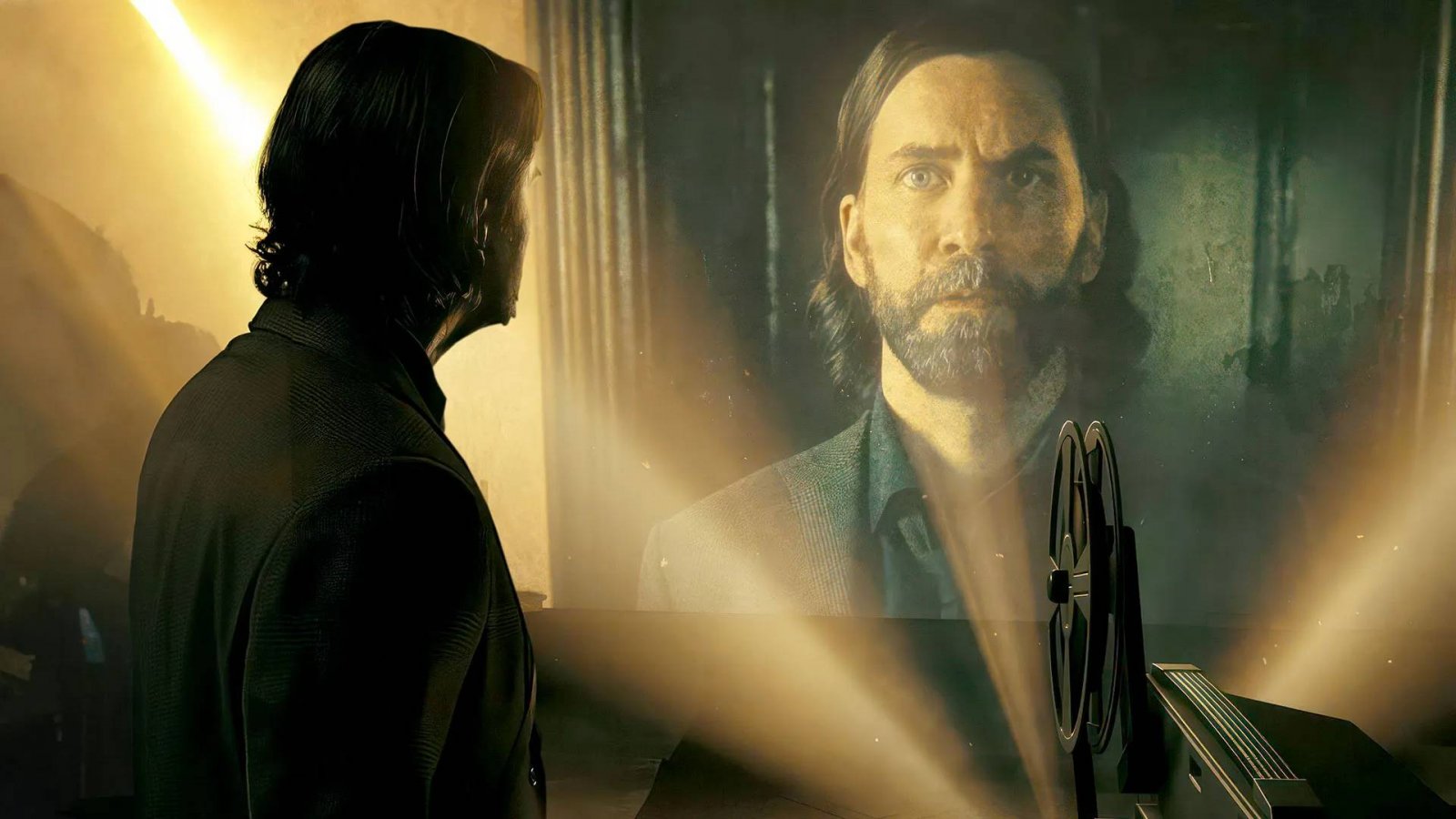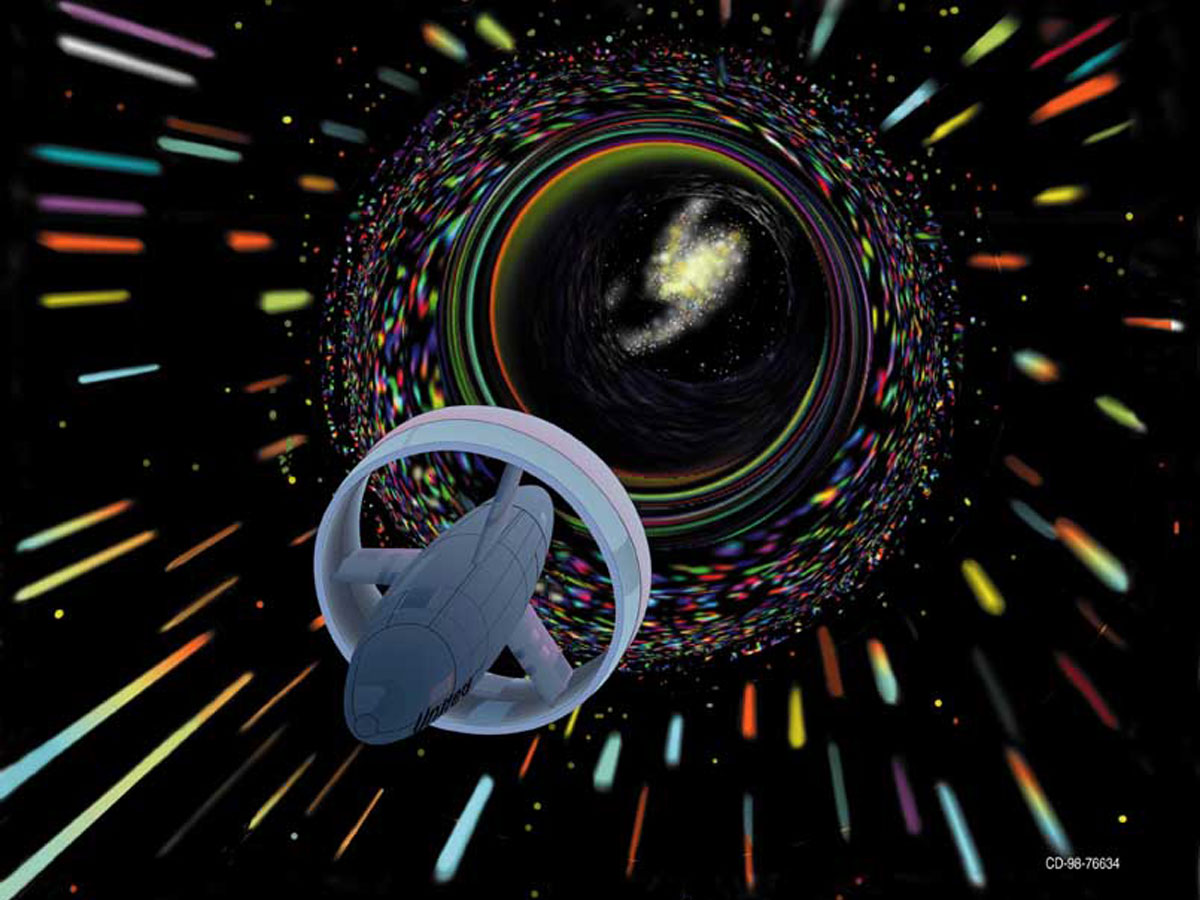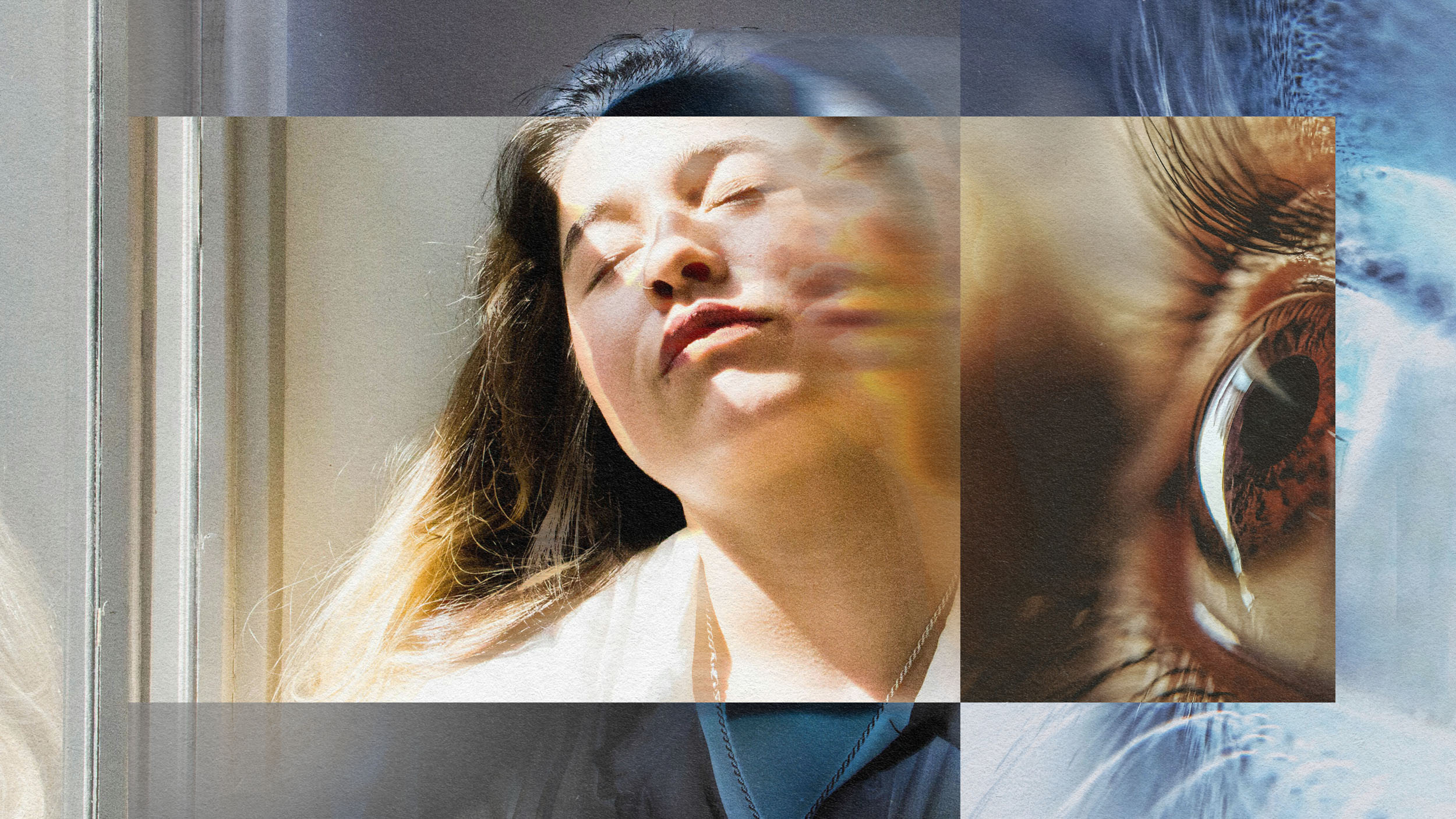The study suggests that human ancestors expanded across Europe faster than previously thought.
All Articles
An MIT study finds the brains of children who grow up in less affluent households are less responsive to rewarding experiences.
The case for why NASA should pivot to searching for current — not ancient — signs of life.
Human civilization has always survived periods of change. Will our rapidly evolving technological era be an exception to the rule?
If the daily grind feels like Sartre’s phony act of “bad faith,” Heidegger’s sense of “being” can help redefine your role.
It’s not about particle-antiparticle pairs falling into or escaping from a black hole. A deeper explanation alters our view of reality.
The discovery suggests that the “Boring Billion” period of evolution on Earth wasn’t so boring after all.
A $30,000 electric vehicle with 400 miles of range that charges in under 10 minutes remains a pipe dream over the near future.
Although early Earth was a molten hellscape, once it cooled, life arose almost immediately. That original chain of life remains unbroken.
The Earth that exists today wasn’t formed simultaneously with the Sun and the other planets. In some ways, we’re quite a latecomer.
In 1924, Edwin Hubble found proof that the Milky Way isn’t the only galaxy in the Universe.
Defy conventional startup wisdom by charting a steady and impactful path to success.
Five times in U.S. history, American presidential candidates have ascended to leadership despite lacking the popular vote. Here’s how.
Scientists are working to map out the risks of the permafrost thaw, which could expose millions of people to the invisible cancer-causing gas.
Recent measurements of CERN data seem to disagree with standard-model predictions about how the Higgs boson decays, though further analysis is needed to confirm the observations.
How will we actually feel when the things we do with care are suddenly dealt with in seconds by AI? Here’s a preliminary plan.
The Universe didn’t begin with a bang, but with an inflationary “whoosh” that came before. Here are the biggest questions that still remain.
Economics and religion help to explain the gap.
In “Dear Oliver,” neuroscientist Susan Barry describes how her 10-year correspondence with Oliver Sacks unleashed her inner author.
NASA’s Juno mission, in orbit around Jupiter, occasionally flies past its innermost large moon: Io. The volcanic activity is unbelievable.
The brain-computer interface will be tested in a six-year trial in patients with quadriplegia.
As planets with too many volatiles and too little mass orbit their parent stars, their atmospheres photoevaporate, spelling doom for some.
“She understood me and I understood her. I loved that pigeon.”
The futuristic weapon could be ready for the battlefield in 5 years.
The DUNE project will beam tiny neutrinos across vast distances. But the first step involved moving a heavier material: 1 million tons of rock.
Big Think columnist Adam Frank makes the case for why the 2023 video game Alan Wake 2 is a boundary-pushing piece of art.
How to juggle while walking a tightrope — at work.
Without wormholes, warp drive, or some type of new matter, energy, or physics, everyone is limited by the speed of light. Or are they?
Cognitive psychologist and poet Keith Holyoak explores whether artificial intelligence could ever achieve poetic authenticity.
Big Think recently spoke with sleep psychologist Dr. Jade Wu about the surprising consequences of forgoing sleep.
